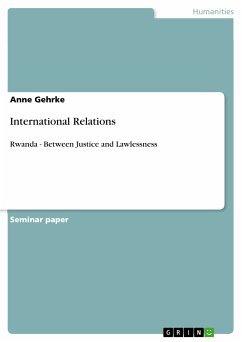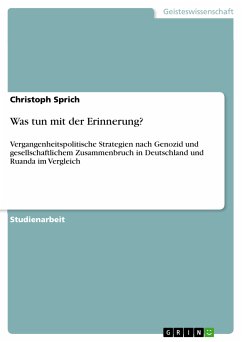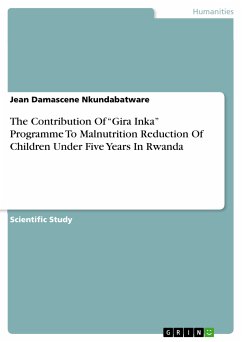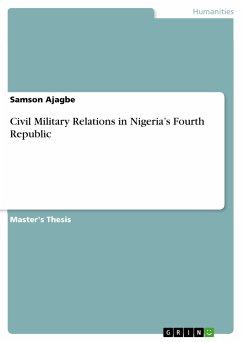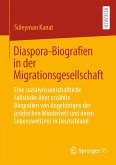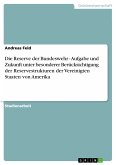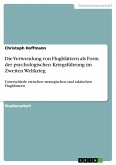Seminar paper from the year 2007 in the subject Sociology - War and Peace, Military, grade: B, University of Stavanger (University of Stavanger - Institute for Human Science ), course: International Relations , language: English, abstract: Still genocide in Africa has not received the same attention as genocide in Europe or in another part of the world. I would like to discuss why genocide is so elusive. Therefore I use the example of genocide in Rwanda in 1994 when around one million Tutsis and moderate Huts were killed during a period of only 100 days. Such a large amount of people in such a short time demands a good preparation and organisation. That makes it very difficult for the justice to find the right preparators, especially after the ending of the war – the so called ‘post-conflict’ situation and there are a lot of new factors which can increase a new situation of violence. After a short definition what is genocide I will focus on the conflict in Rwanda and emphasise how the International Crime Court or rather the International Criminal Tribunal for Rwanda is working especially when it’s about post-conflict justice and which difficulties they have when it is about judgement in a genocide-case. [...]

